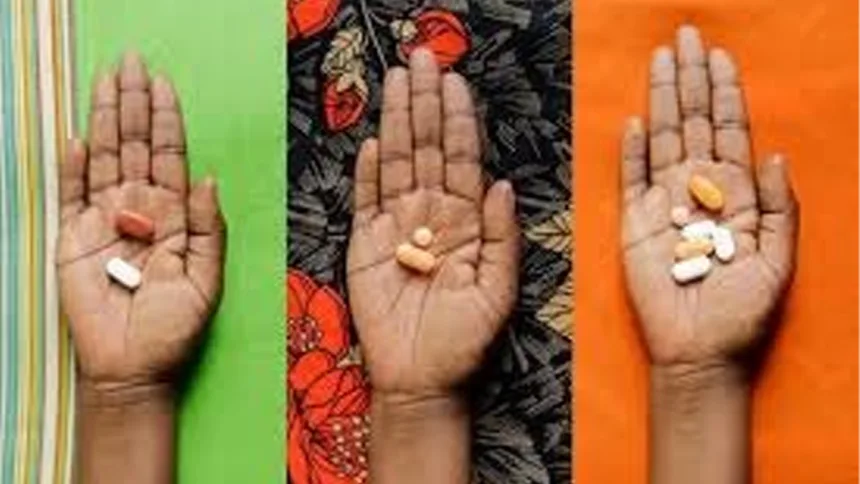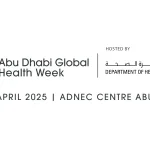February 2025- The recent decision by the United States government to temporarily freeze funding for the President’s Emergency Plan for AIDS Relief (PEPFAR), along with all other foreign aid, for at least 90 days is already impacting individuals living with HIV, according to Médecins Sans Frontières (MSF).
While the US has since clarified that certain treatment programs will be allowed to continue until at least April, MSF has expressed concern that key components of the PEPFAR initiative remain affected by the funding suspension. The organization warns that any prolonged disruption could have serious consequences for HIV treatment and care in affected regions.
“More than three weeks since the US government froze PEPFAR funding, there is still widespread confusion and uncertainty as to whether this critical lifeline for millions of people has been cut off,” says Avril Benoît, chief executive officer of MSF USA. “Despite a limited waiver covering some activities, what our teams are seeing in many of the countries where we work is that people have already lost access to lifesaving care and have no idea whether or when their treatment will continue.”
“MSF is calling on the US government to immediately resume funding for the full range of PEPFAR operations as well as other critical health and humanitarian aid,” says Benoît.
On 1 February, after over a week of chaos and a freeze of activities, the US government issued a limited waiver allowing for the resumption of some programming with specific guidance for HIV. However, that guidance was unclear, and it did not immediately reach PEPFAR country teams.
Also Read : Gaza Hospitals Face Closure Due to Fuel Shortages, Warns MSF
However, MSF remain concerned that key areas of HIV prevention, treatment, care, and support are not included in this additional guidance, such as pre-exposure prophylaxis (PrEP) for all vulnerable groups, including LGBTQ+ people and sex workers, specific interventions for adolescent girls and young women in high prevalence countries, and community-led monitoring programmes. These services are essential to ensuring a successful response to the epidemic.
“Any interruption to HIV services and treatment is deeply distressing to people in care and an emergency when it comes to HIV treatment,” says Tom Ellman, director of the South Africa Medical Unit at MSF Southern Africa. “HIV medicines must be taken daily or people run the risk of developing resistance or deadly health complications.”
In Democratic Republic of Congo, the aid freeze was already affecting the most successful model of antiretroviral drug distribution ever implemented in the capital city of Kinshasa: the community-run free distribution and peer support points, known locally as “PODIs”. In a country where stigma against people living with HIV is massive and poverty remains a barrier to care, PODIs have proven to be a medically necessary approach for addressing delays or therapy abandonment. With PEPFAR-supported points of care now closed and other activities frozen, thousands of people were left without support and with a high risk of developing advanced HIV. MSF teams supporting advanced HIV disease care in Kinshasa might not be able to meet the increased demand if disruptions persist.
“These disruptions will cost lives and upend years of progress against this virus,” says Benoît. “Every day that passes is an emergency for millions of people for whom PEPFAR is a lifeline.”
PEPFAR-supported programming has been heavily integrated into key aspects of the broader health systems of partner countries over the last 20 plus years and as a result the consequences of these disruptions have been far-reaching. For this reason, some of the services affected go beyond purely HIV treatment and prevention, such as in Uganda, where PEPFAR-funded aspects of infectious disease surveillance and response, including for Ebola virus, have been stopped.
“When MSF first started treating people with HIV/AIDS in South Africa 25 years ago, there were no antiretroviral medicines on the shelves, every diagnosis felt like a death sentence, and communities were desperately trying to curb the virus’ spread,” says Ellman.



















